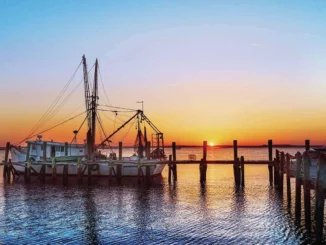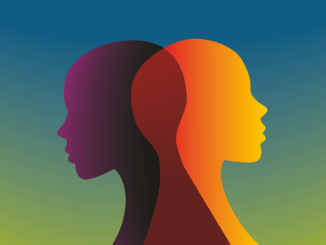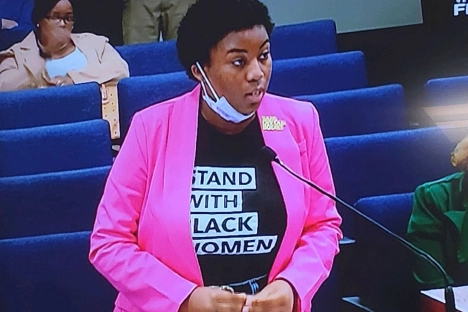
By Beverly Dawn Whatley, M.Ed.
Sponsored by
Historically, one of the best ways to silence a voice was to attach the stigma of blame or shame to the message. Abortion, when mentioned, has been a whisper. Trenece Robertson, a young reproductive justice activist, speaks about her own abortion. In 2022 with the barrage of anti-abortion laws sweeping the country, she began to understand why she felt discomfort sharing this important story. She continues to tell her story and to encourage the 20-25% of women who share the experience to share their voices. As Trenece puts it, “If we don’t tell our abortion stories, who will?” By changing the narrative about this normal and essential part of sexual and reproductive health care, we can change the whisper to a roar.
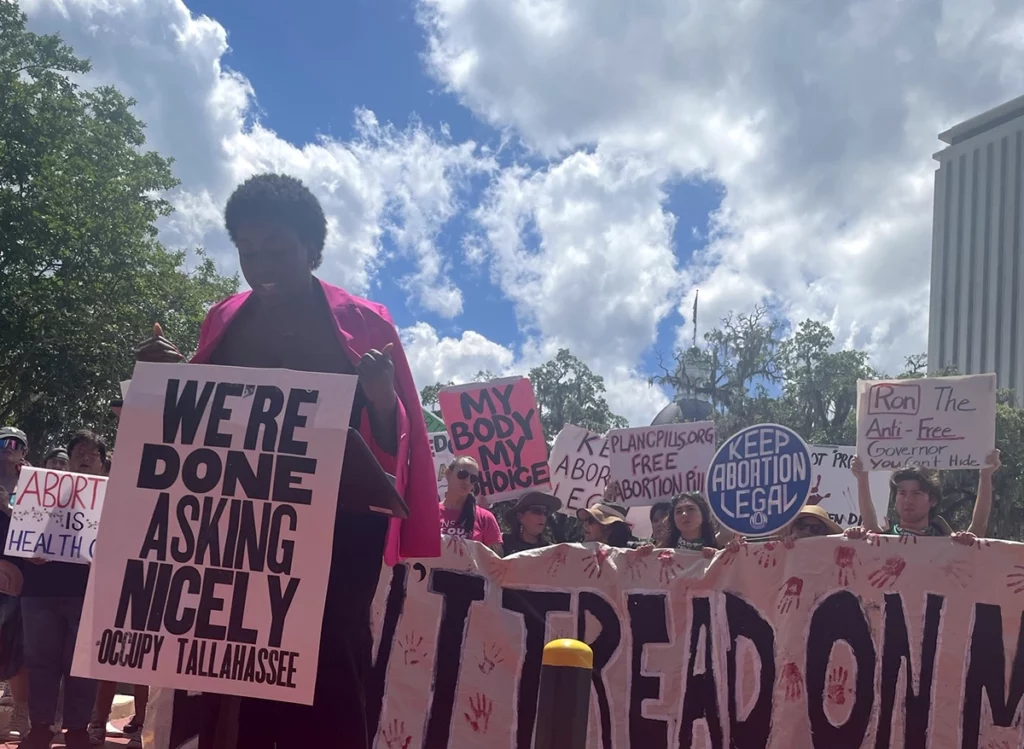
Here is our conversation with Planned Parenthood storyteller, Trenece:
Q: How did you get involved with Planned Parenthood?
A: I got involved withan advocacy branch of Planned Parenthood on college campuses. I was attending Florida Agricultural and Mechanical University — it’s one of the HBCUs here in Florida — and they have a program called Generation Action, which is Planned Parenthood’s collegiate-level organization.
Q: Who were the most challenging people to share your abortion story with?
A: I was a bit concerned about those older aunts and uncles and their old-fashioned ways. However, I had no reason for concern from my immediate family as they respected my decision. The surprise was the support I got from my hometown when I took my story to social media.
Q: Why do you think Black communities don’t speak more openly about abortion?
A: We don’t talk about sex in a constructive way enough. The Black church has always been a social institution. It has been and continues to be a big influence on our community back to the days of slavery. It is not known for being liberal on ideas about sex or sexuality (including topics like HIV transmission and the LGBTQ+ population). There’s a lot of discomfort and “pearl-clutching.” It’s taboo to talk about sex openly. For example, when that “creepy relative” is going to visit, the girls are just told to cover themselves up.
If we think of basic sex education as “Sex 101,” other issues of sex and sexuality might be “102.” When we start talking about abortion, that becomes “Sex 103” and people become alarmed and the topic gets hushed.
I was lucky to have a mama who answered my questions about sex as they came up to the best of her ability. Years later, she confided she wished she had given more or better. Yet she was determined that “my kids are safe” from outside misinformation. Her clutching of pearls was minimal.
We don’t often hear about Black people talking about their experiences with abortions because we just don’t talk about them. Black people have abortions too.
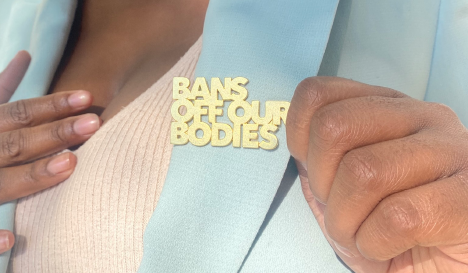
Q: What do you see as the takeaway of your story?
A: If we don’t tell our [abortion] stories, someone else will. We can’t let misconceptions about us be spread as fact. In one of my classes, my professor said, “Mostly white women get abortions.” My classmate commented, ” Black women keep their babies.” Comments like that and seeing the arguments white Florida lawmakers made stirred my activism to address it as a teachable moment. For anyone wanting to begin to educate themselves, I suggest starting with Reproductive Justice.This is a movement started by Black women in the 1990s. I refer to myself as a Reproductive Justice advocate. We can’t have social justice without dealing with race and gender. I refuse to be silent.
About Planned Parenthood
More than 100 years ago, the idea of Planned Parenthood began at the first birth control clinic, in Brownsville, Brooklyn. Today, Planned Parenthood affiliates operate roughly 600 health centers across the United States, and Planned Parenthood is the nation’s leading provider and advocate of high-quality, affordable sexual and reproductive health care — with services that include birth control, cancer screenings, STI testing and treatment, abortion, gender-affirming care, and more. Planned Parenthood is also the nation’s largest provider of sex education.
Why such urgency?
Everyone should have the freedom to control their own body. Last year when the Supreme Court handed down a reversal of Roe v. Wade, it opened the potential for dormant “trigger laws” to be awakened. Do you live in a state where a clinic can be closed or a doctor made to face criminal charges for providing an abortion? Trenece reminds us that if we don’t tell our abortion stories, someone else will. Activists such as Trenece and allies must tell the abortion stories, use their voices, and be a presence.
Resources:
Abortion_Roe_History.pdf (plannedparenthood.org)
Planned Parenthood | Official Site
Support for parents as they explore lessons of sexuality with their children
Resources for Parents | Planned Parenthood
Resources for those seeking all offered services
Our Services | Affordable Healthcare & Sex Education (plannedparenthood.org)





